First Day at Work: Essential Paperwork Checklist

Embarking on a new job can be both exhilarating and daunting. While the prospect of new colleagues, responsibilities, and learning opportunities fills you with enthusiasm, the administrative tasks that come with any new position often seem like a necessary evil. Whether you're a fresh graduate embarking on your professional journey or an experienced employee entering a new role, familiarizing yourself with the key documents and paperwork will smooth the transition and set the tone for a successful start. Below, we delve into an essential paperwork checklist that every employee should review on their first day of work.
Identification and Authorization Documents

Before you can dive into your work, employers typically need to confirm your identity and eligibility to work. Here’s what you might be asked to provide:
- Government-issued Identification: Items like a passport, driver’s license, or national ID card are common. These are critical for proving your identity.
- Work Eligibility Forms: Depending on your location, this might include filling out an I-9 Form in the U.S. or providing proof of EU/EEA nationality if you’re in Europe.
- Right to Work: In some countries, you might need to present a work visa or proof of the right to work, especially if you’re a non-resident.
🔍 Note: Always ensure that your personal information is provided in compliance with GDPR or local data protection laws.
Employee Agreement and Contract
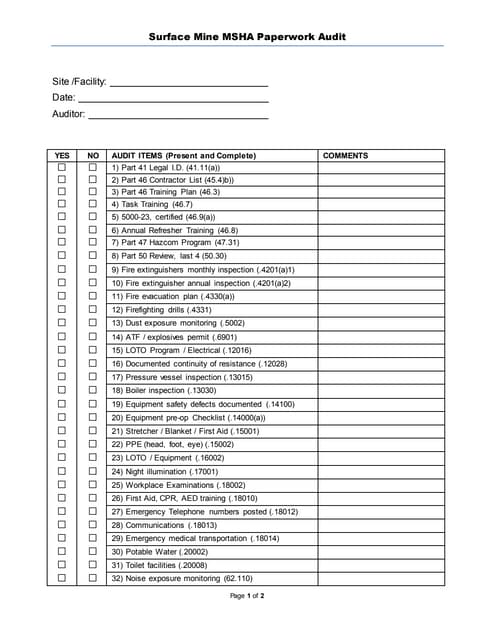
The employee agreement or contract forms the legal backbone of your employment. Here’s what you should expect:
- Contract of Employment: This document outlines the terms and conditions of your employment, including your position, salary, work hours, probationary period, and termination policies.
- Non-Disclosure Agreement (NDA): Some roles require signing an NDA to protect confidential company information.
- Confidentiality Agreement: This might be separate from the NDA and focuses on general confidentiality expectations.
Benefit Enrollment Forms
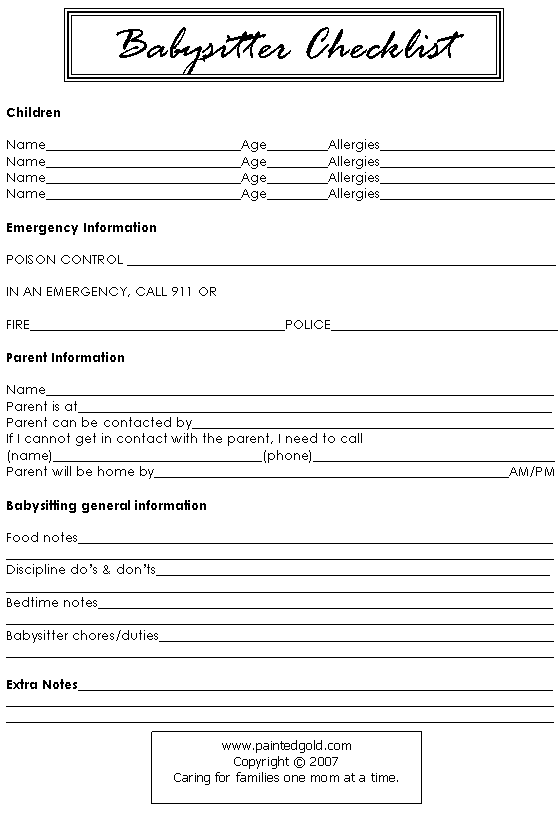
As you settle into your new job, you’ll need to decide on or confirm your participation in various benefits:
- Health Insurance: Choose your coverage plan, understanding copays, deductibles, and network of providers.
- Retirement Plans: Enroll in a 401(k), pension, or similar retirement scheme if available.
- Life Insurance: Some companies offer basic life insurance coverage which you might need to opt into or out of.
Tax Documentation
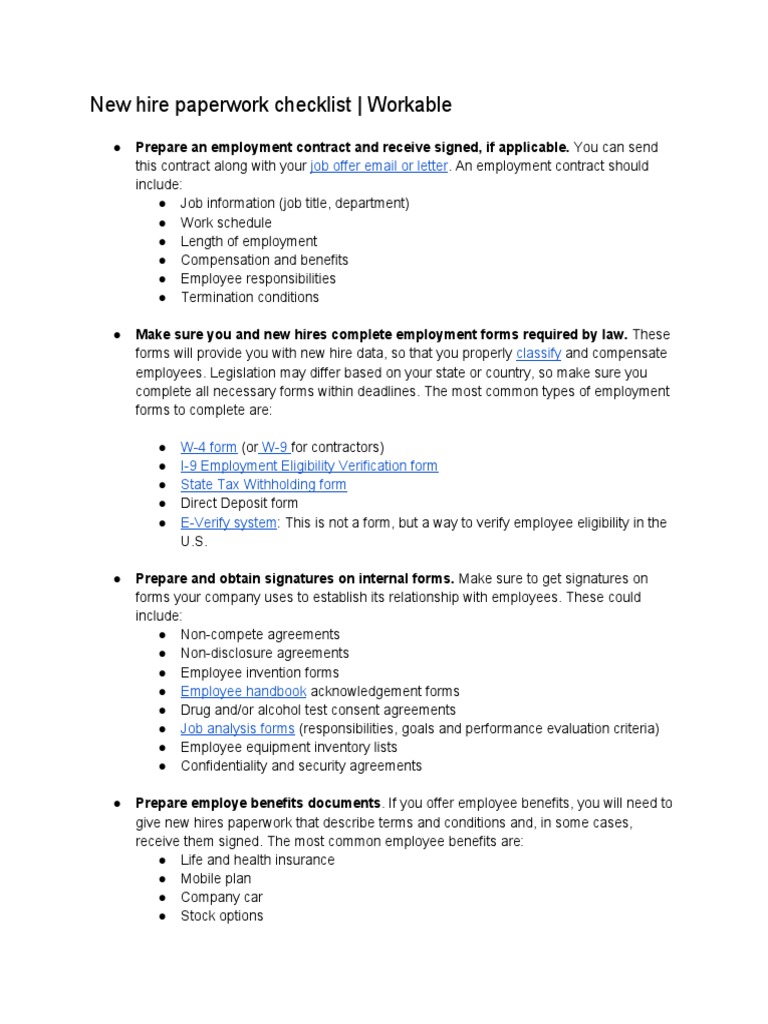
Completing tax paperwork is a crucial step to ensure you’re paying the correct amount of tax:
- W-4 Form (U.S.): This form determines how much federal income tax your employer will withhold from your paycheck.
- State or Local Tax Forms: If your state has income tax, you’ll need to fill out these forms as well.
- Social Security and Medicare: You might not have to complete forms for these, but your employer will need your social security number for payroll purposes.
| Document | Purpose |
|---|---|
| Identification and Work Authorization | Legal proof of identity and the right to work |
| Employee Contract | Outlines the terms and conditions of employment |
| Benefit Enrollment | To elect participation in company benefits |
| Tax Forms | Determines tax withholding from your salary |

Remember, these documents are not exhaustive. Some industries or roles might require additional paperwork like:
- Licenses or certifications specific to your field
- Non-compete agreements
- Intellectual property agreements
- Proof of certain qualifications or credentials
Your first day at work can be overwhelming, but being prepared with these essential documents in hand will ease the process. It ensures that you're legally compliant, protected, and set up for success in your new role.
Navigating Your New Work Environment

Your documents are vital, but navigating the nuances of a new work environment also requires a strategy:
- Company Policies: Review or be briefed on company policies, from internet usage to health and safety protocols.
- Work Equipment: Check the setup for your workspace, ensuring you have the necessary tools, technology, and access rights.
- Corporate Culture: Observe and adapt to the culture, from dress code to communication styles. This helps in integrating into the company’s workflow.
Summing up, starting a new job involves more than just showing up. Being proactive about paperwork, understanding the culture, and preparing for your role will significantly improve your first day experience. Ensuring you have the right documents in order, understanding your benefits, and familiarizing yourself with your new environment will set a strong foundation for your career at this new company. Here's to a successful beginning!
What are some common reasons an employer might ask for additional paperwork?

+
Employers might ask for additional documents for background checks, to comply with specific industry regulations, or to verify licenses and certifications related to your role.
How soon should I expect to receive my employee contract?
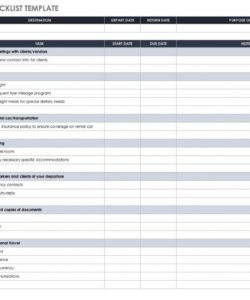
+
You should receive and sign your employment contract on or before your first day of work, although some companies may provide it earlier during the hiring process.
Can I negotiate terms in the employee contract?
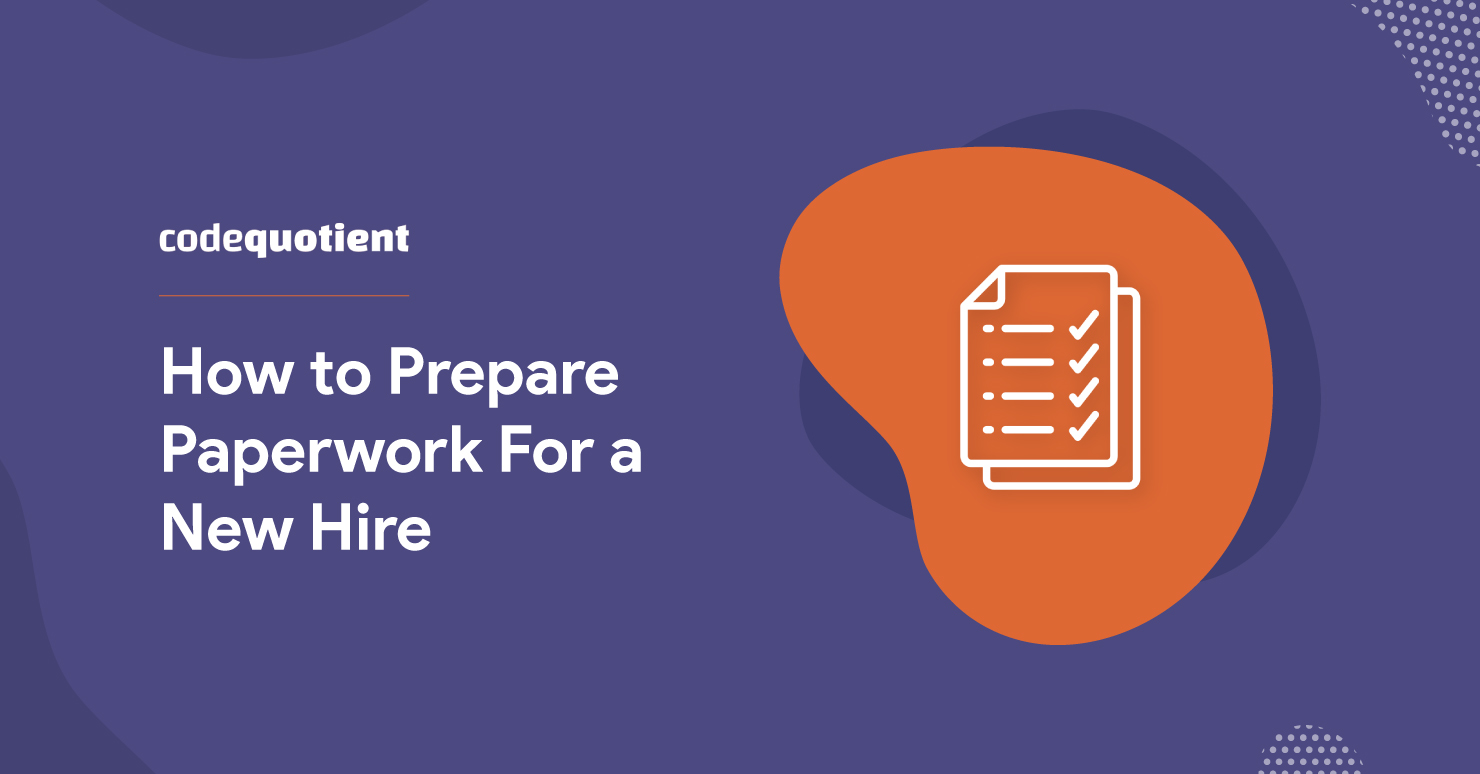
+
Yes, terms like salary, benefits, or work hours are often open for negotiation before you sign. After signing, changes to the contract typically require mutual agreement.



